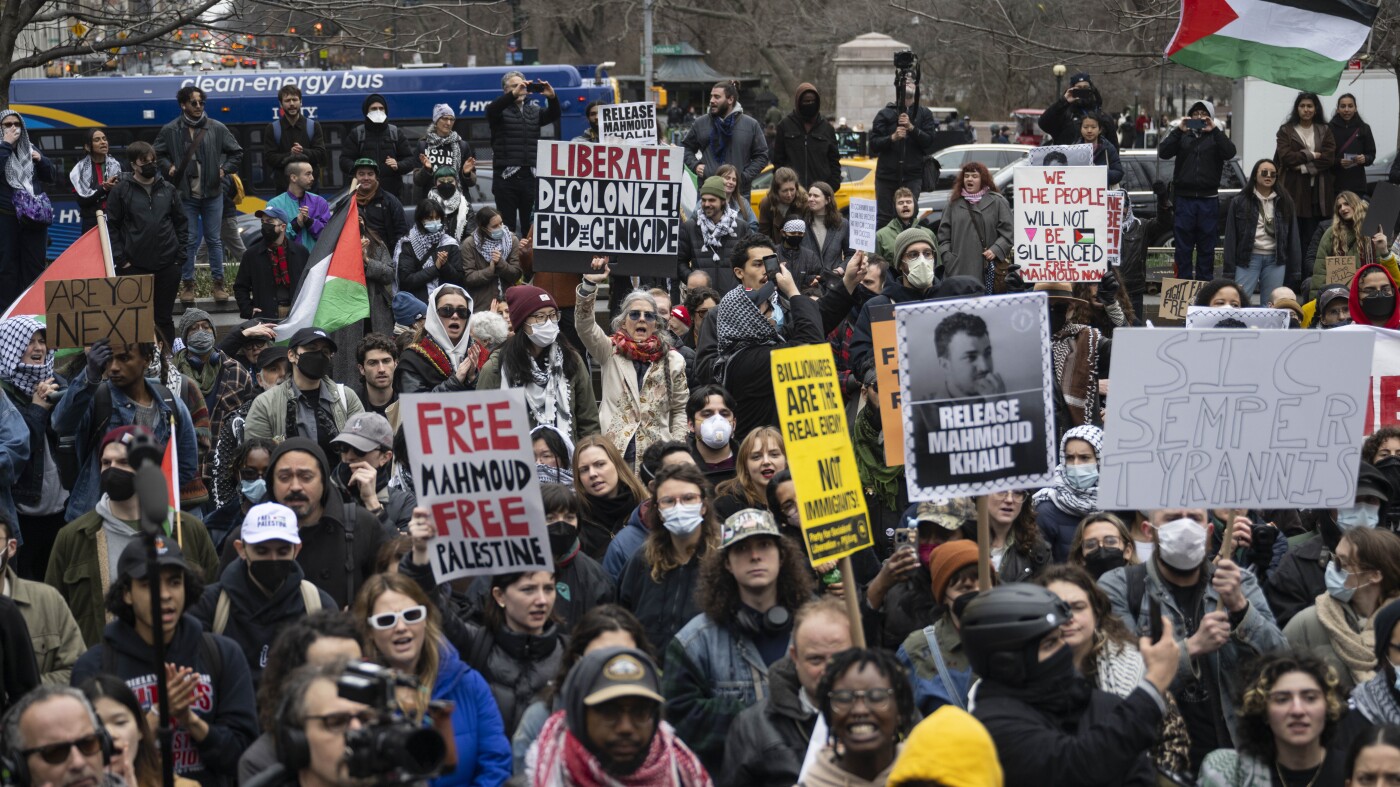A federal judge recently ruled that Secretary of State Marco Rubio likely violated the Constitution by taking away Mahmoud Khalil’s green card and trying to deport him due to his pro-Palestinian activism at Columbia University.
U.S. District Judge Michael Farbiarz issued a mixed ruling. While he acknowledged the possible unconstitutionality of Rubio’s decision, he did not order Khalil’s immediate release from detention in Louisiana. Judge Farbiarz noted that Khalil hadn’t yet shown that his confinement was causing him severe harm. He gave him more time to gather such evidence.
The judge pointed out that there might be a legitimate reason for Khalil’s detention concerning a separate allegation of fraud—specifically, that Khalil failed to disclose certain personal details on his green card application last year. Khalil’s lawyers argued this charge was retaliatory, claiming it was filed shortly after his arrest, but they didn’t provide enough proof for the judge to support their claim.
Khalil’s legal team continues to fight the situation by urging the immigration court in Louisiana to dismiss the fraud charge. But the immigration judge previously stated she couldn’t question Rubio’s order for deportation.
In his recent decision, Farbiarz emphasized the need for fair enforcement of immigration laws. He mentioned that power should not be misused to target individuals for their political views: “Arbitrary enforcement can also be a danger.”
Khalil’s case is notable as he was the first arrest under the Trump administration’s actions against students protesting Israel’s actions in Gaza. His lawyers argue that this detention is part of a wider effort to stifle free speech, and they are actively seeking asylum for him as well.
The conversation around Khalil’s case has sparked significant public interest, particularly on social media platforms. Many users express concern over the implications of using immigration laws for political punishment, reflecting a broader anxiety about freedom of speech and political dissent in the U.S.
Recent statistics reveal a troubling trend: according to a survey from the American Civil Liberties Union, over 60% of Americans believe that the government should not punish individuals for their political views. This underscores a growing awareness and fear of governmental overreach in personal freedoms.
As Khalil’s attorneys work to provide the additional evidence the court requested, his case continues to highlight the importance of protecting civil liberties against potential abuses of power. For more information on immigration rights, visit the ACLU’s immigration page.


